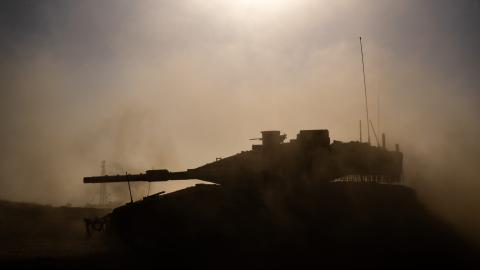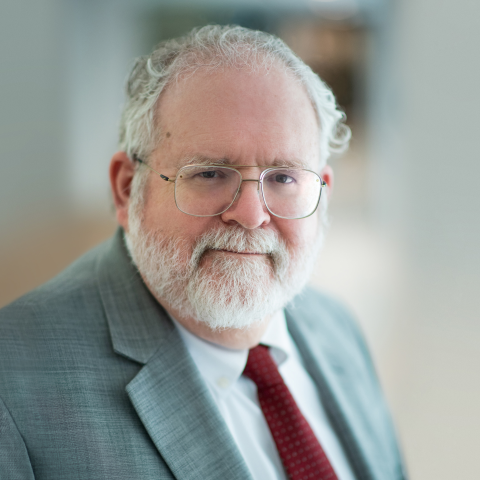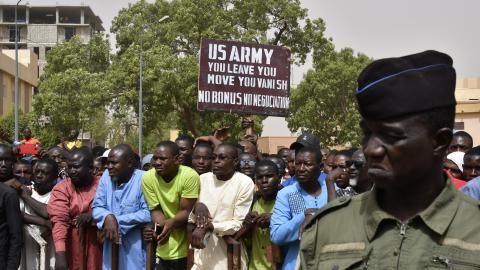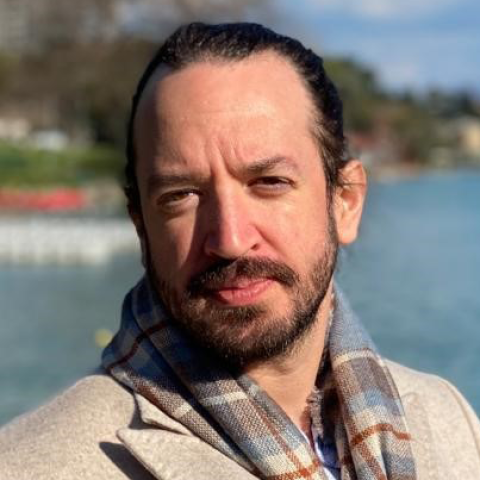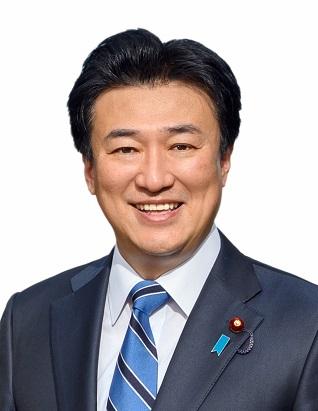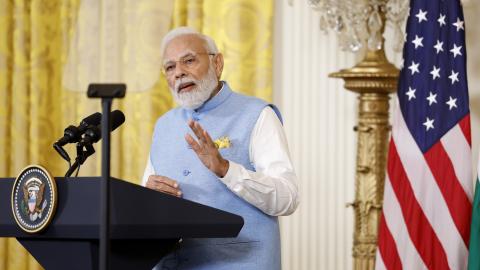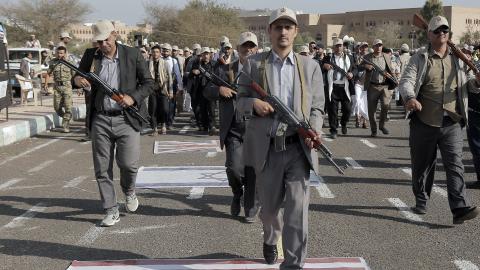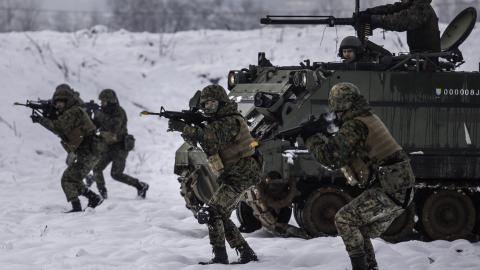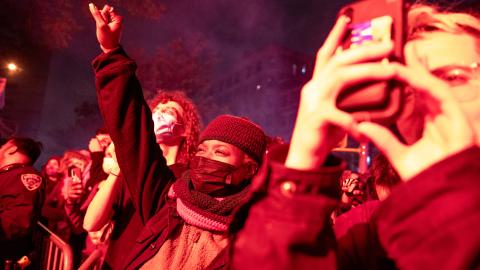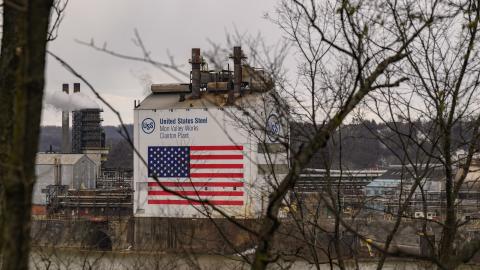
04
October 2023
Past Event
Japanese Security in an Uncertain Indo-Pacific
Japanese Security in an Uncertain Indo-Pacific
Past Event
Invite Only
October 04, 2023
Share:
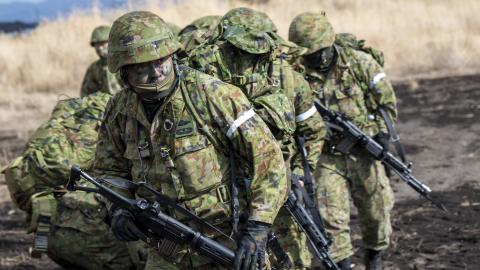
Caption
Japan Ground Self-Defense Force paratroopers assigned to the 1st Airborne Brigade move to follow-on locations after landing at JGSDF East Fuji Maneuver Area on January 31, 2023. (US Air Force photo by Yasuo Osakabe)
Related Events
14
May 2024
In-Person Event | Hudson Institute
Motwani Jadeja US-India Dialogue Series | The Defining Partnership of the Twenty-First Century: US-India Relations
Featured Speakers:
Walter Russell Mead
Aparna Pande
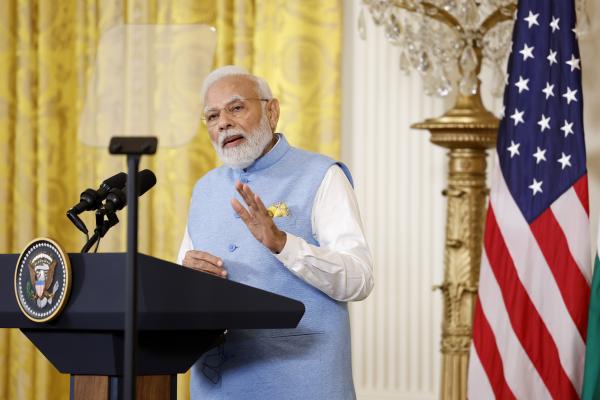
14
May 2024
In-Person Event | Hudson Institute
Mexico after AMLO
Featured Speakers:
Kim Breier
Antonio Ortiz-Mena
Arturo Sotomayor
Moderator:
Daniel Batlle

14
May 2024
In-Person Event | Hudson Institute
Mexico after AMLO
Join Hudson for a discussion of possible post-election scenarios with Covington Senior Advisor Kim Breier, Dentons Global Advisors Partner Antonio Ortiz-Mena, and National Defense University Professor Arturo Sotomayor.

Featured Speakers:
Kim Breier
Antonio Ortiz-Mena
Arturo Sotomayor
Moderator:
Daniel Batlle
15
May 2024
In-Person Event | Hudson Institute
The Pernicious Impact of China’s Anti-Secession Law
Featured Speakers:
Michael R. Pompeo
Senator Tom Cotton
Robert Tsao
Senator Marsha Blackburn
Scott Morrison
Vincent Chao
Yu-Jie Chen
Margaret Lewis
Donald C. Clarke
Heino Klinck
Bonny Lin
Moderator:
Miles Yu
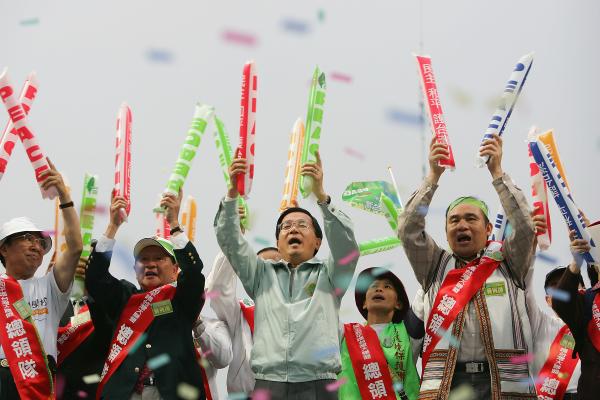
15
May 2024
In-Person Event | Hudson Institute
The Pernicious Impact of China’s Anti-Secession Law
Hudson Institute’s China Center and United Microelectronics Corporation founder Robert Tsao will host a conference with experts and policymakers to analyze China’s 2005 anti-secession law.
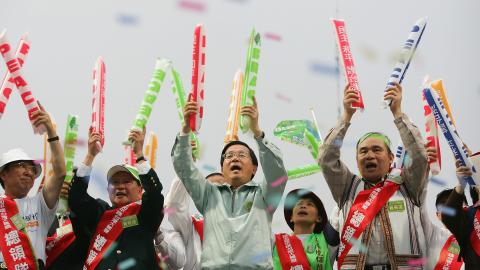
Featured Speakers:
Michael R. Pompeo
Senator Tom Cotton
Robert Tsao
Senator Marsha Blackburn
Scott Morrison
Vincent Chao
Yu-Jie Chen
Margaret Lewis
Donald C. Clarke
Heino Klinck
Bonny Lin
Moderator:
Miles Yu
15
May 2024
In-Person Event | Hudson Institute
Flipping the Cube: Transforming the Defense Budget Structure
Featured Speakers:
Jamie Morin
David Norquist
Bryan Clark
Dan Patt
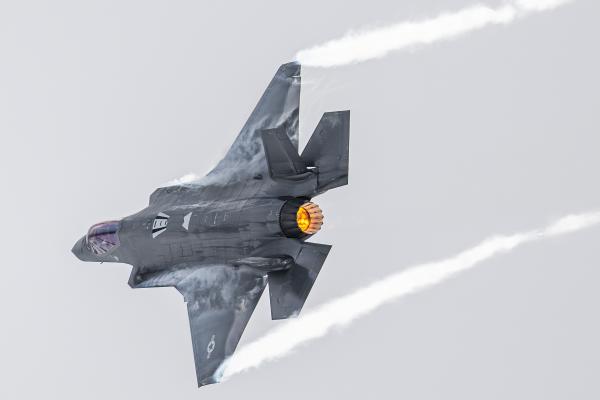
15
May 2024
In-Person Event | Hudson Institute
Flipping the Cube: Transforming the Defense Budget Structure
Join Hudson Senior Fellows Bryan Clark and Dan Patt for a discussion on restructuring the defense budget with two commissioners who shaped PPBE reform proposal.
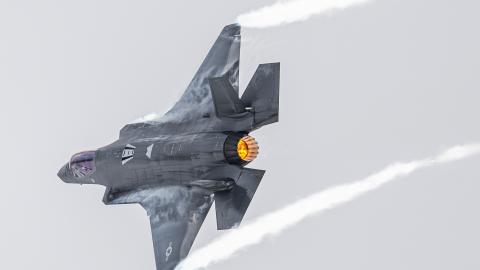
Featured Speakers:
Jamie Morin
David Norquist
Bryan Clark
Dan Patt

